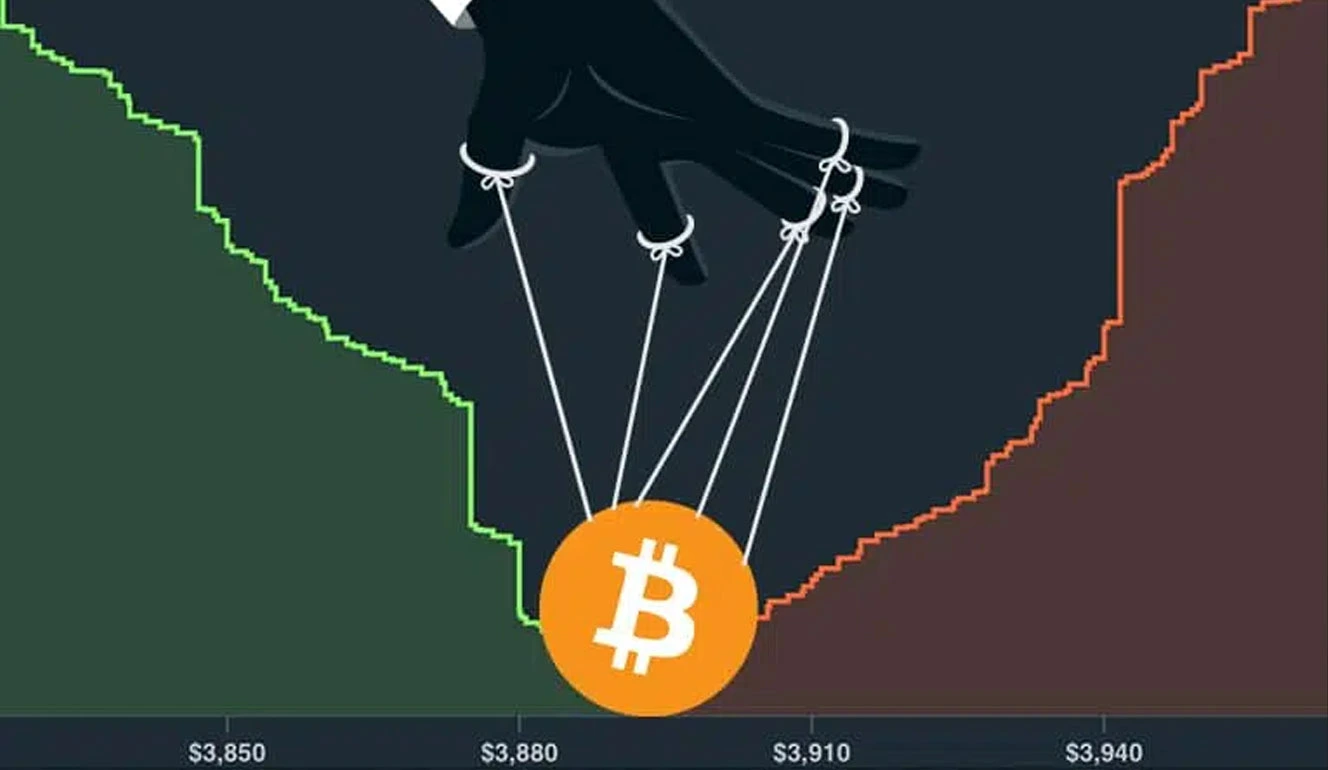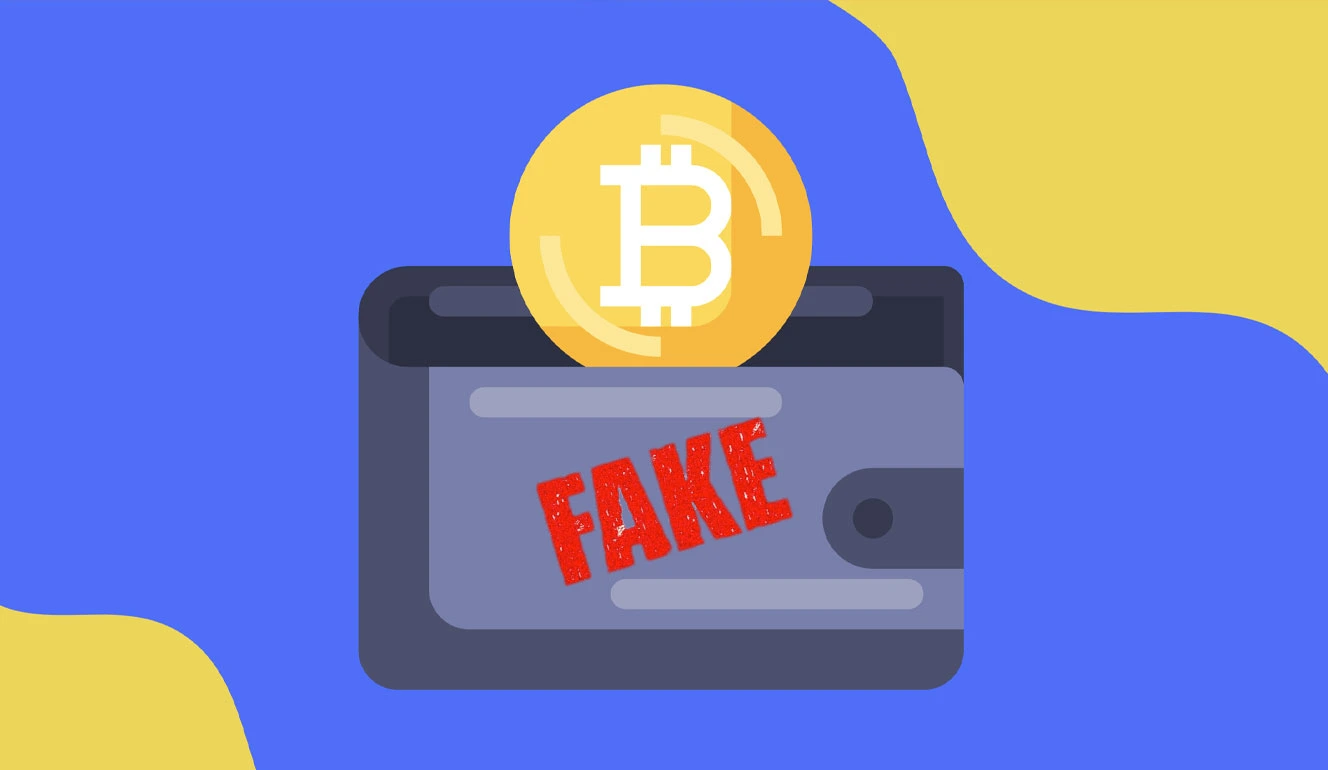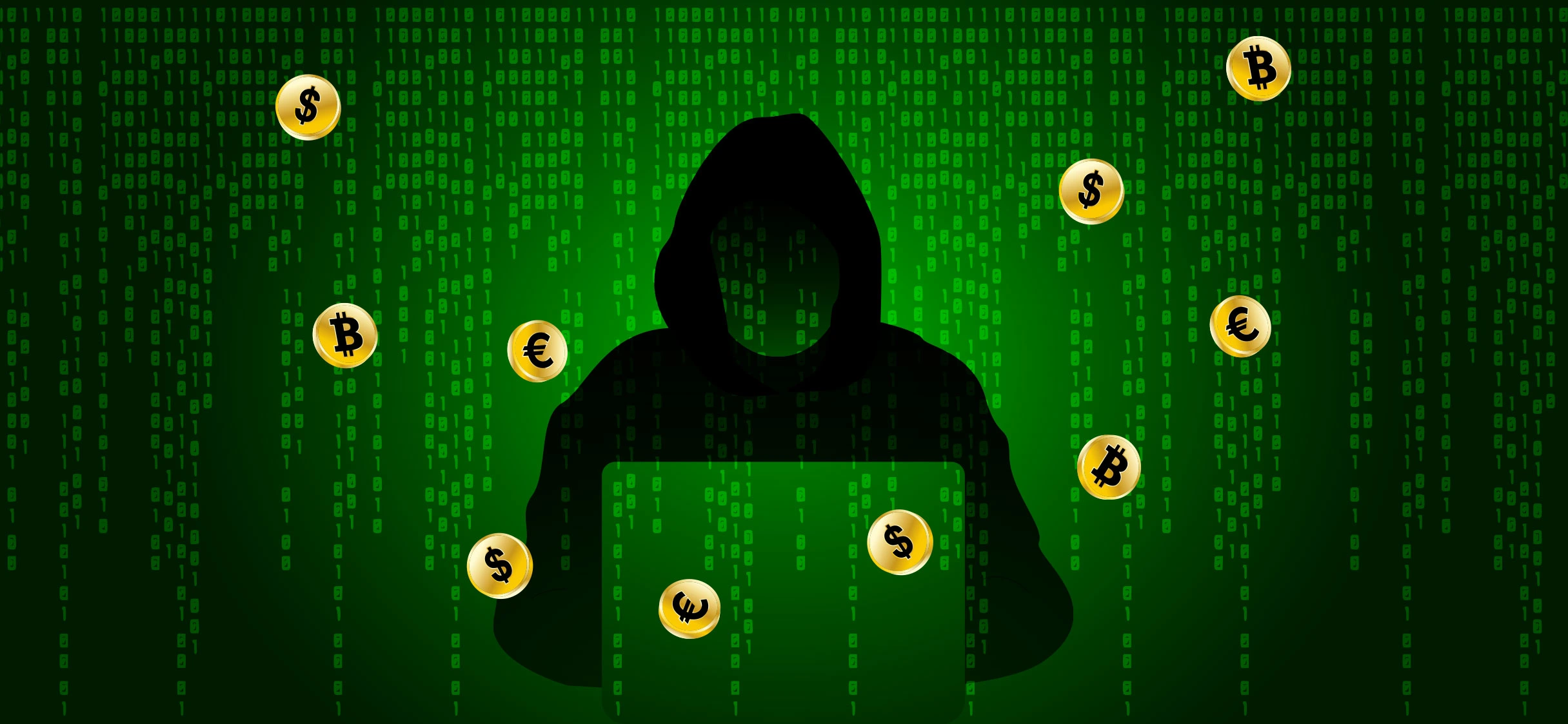Easy money is the bread and butter of scammers. The same is true for cryptocurrency. Swindlers will exploit the massive industry with relatively decentralized knowledge on the technology. Wouldn’t it be easier to just Dora-up and say scammer, no scamming!
To protect your crypto assets, we help you know when and how you’re being targeted and what you can do if you suspect that a cryptocurrency and communications related to it are a scam.
Spot the Scam
The best way to avoid a scam is to know that they are a scam. Here are some types of common scams to watch out for:
1. Pump and Dump schemes

This involves a particular coin or token being hyped by fraudsters through an email blast or social media such as Twitter, Facebook, or Telegram. A fraudster may entice you to buy an obscure crypto at a “low price,” with promises that the asset’s value will soon grow exponentially. Tapping on the human nature of FOMO (Fear of Missing Out), traders might want to rush to buy the coins. With many traders rushing to buy, it usually drives up the price.
Not wanting to miss out, traders rush to buy the coins, driving up the price. Having succeeded in inflating the price, the scammers then sell their holdings – which causes a crash as the asset’s value sharply declines. This can happen within minutes.
Look out for: “Too Good To Be True” offers, promises of guaranteed returns
2. Rug pull scams
More commonly seen in NonFungible Tokens (NFT) projects to get funding. Scammers get traders to invest in some new, one-of-a-kind digital asset to either continue the project or see its fruition. But as soon as scammers get the money, they suddenly abandon the project and all your investments with them.
The popular case for this was the 3-million-dollar Squid coin scam, which was popular at the height of the Netflix series “Squid Game”. Investors had to play to earn crypto. People could then buy tokens for online games and earn more later to exchange them. Eventually the trading suddenly stopped and the money disappeared. It left people with zero token value and no mechanism to sell their tokens.
Look out for: Tokens that you cannot trade outside of the game
3. Phishing Scam

Crypto phishing scams often target information relating to online wallets. Scammers just love to use this because many people get tricked into clicking links. A director for cyber security warns people of links in an email or a text saying a withdrawal was initiated and give you a link to cancel the transaction.
“The link directs to a fraudulent website and harvests the investor’s account credentials, allowing thieves to login and withdraw assets,” Shane Cummings tells Forbes.
Crypto wallets usually only require one password to access funds. And phishing scams target these crypto wallet private keys. Much like other phishing attempts they lure recipients to a specially created website asking them to enter private key information. Once the hackers have acquired this information, they steal the cryptocurrency in those wallets.
Look out for: Fake websites; you may also try Passkeys to help you secure your wallets.
4. Fake Crypto Exchanges
Scammers usually advertise cryptocurrencies that are below market value with promises of discounts or savings. Once enticed, traders will be required to pay a high initial fee and then will be asked to keep investing more. But in reality, there is no exchange because the scammer will not give anything back.
When traders will try to withdraw their funds, they’ll find out that they have vanished.
Look out for: Unknown exchange markets, excessive marketing
5. Fake Crypto Wallets

Just like in fake crypto exchanges, fake crypto wallets also initially offers savings or below-market value. But the fake wallet is actually a malware scam. Once downloaded and opened, scammers infect the computer to eventually steal the user’s private key or password.
Look out for: Sites that resemble reputable brand/s but are not the official ones, “free money” offers
Some tips on how you can avoid them:
- Wealth investors and genuine cryptocurrency traders will tell you the same thing: No financial investment can guarantee future returns because investments can go down as well as up. Any crypto offering that promises you will definitely make money is a red flag.
- Research, research, research- just like in any investment, you need to research and do due diligence. If there’s still any doubt, you might ask experts and financial advisors to help you. After all, it’s hard-earned money, you should only invest if you truly understand what you’re investing in.
- Take your time- don’t get carried away with flashy offers. Scammers will often use high-pressure tactics to get you to invest your money quickly. Take the time to research and understand the offer before you decide.#



























